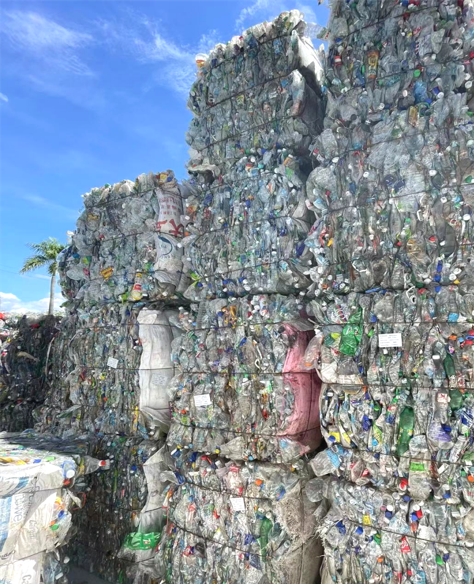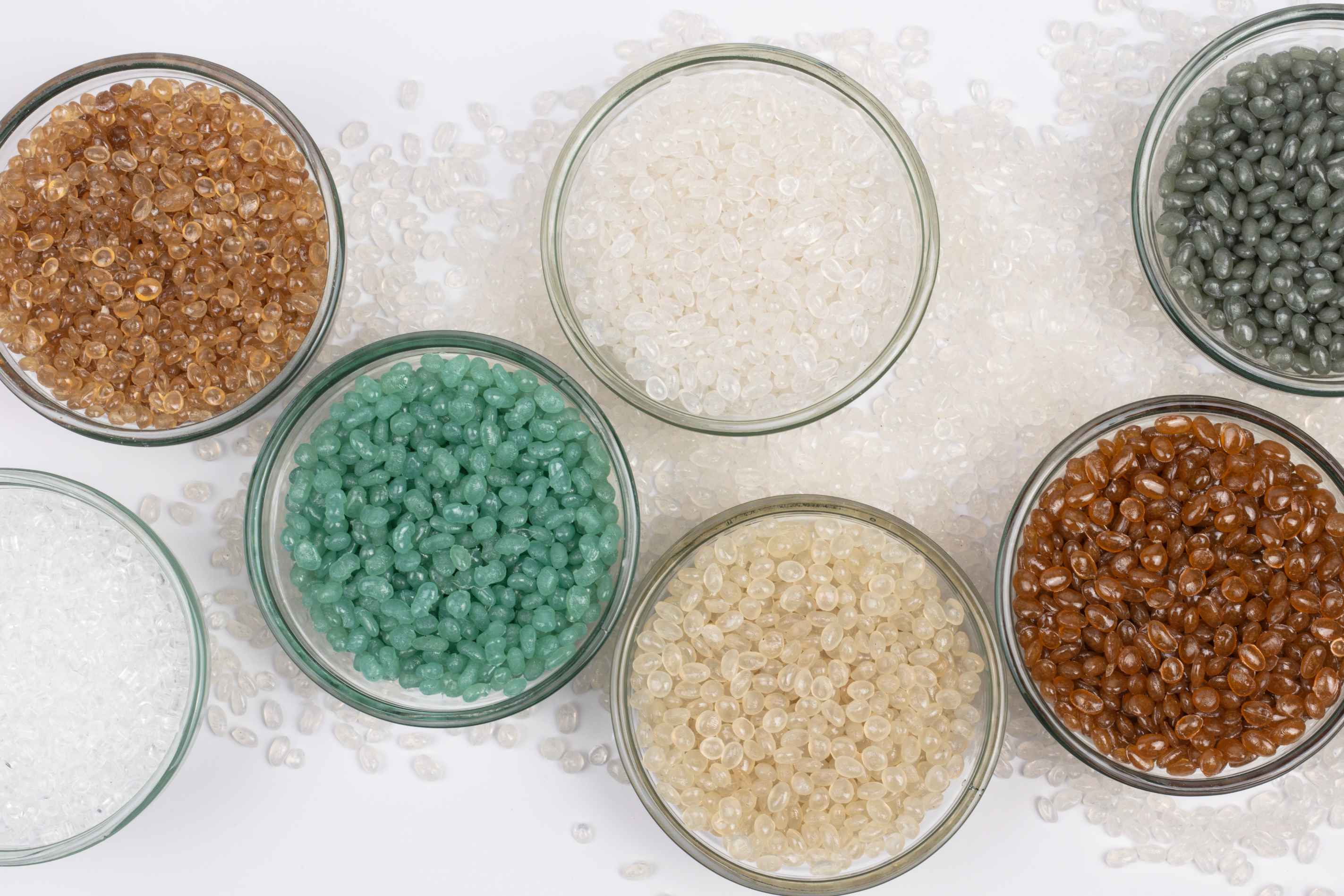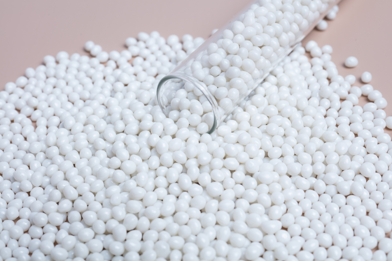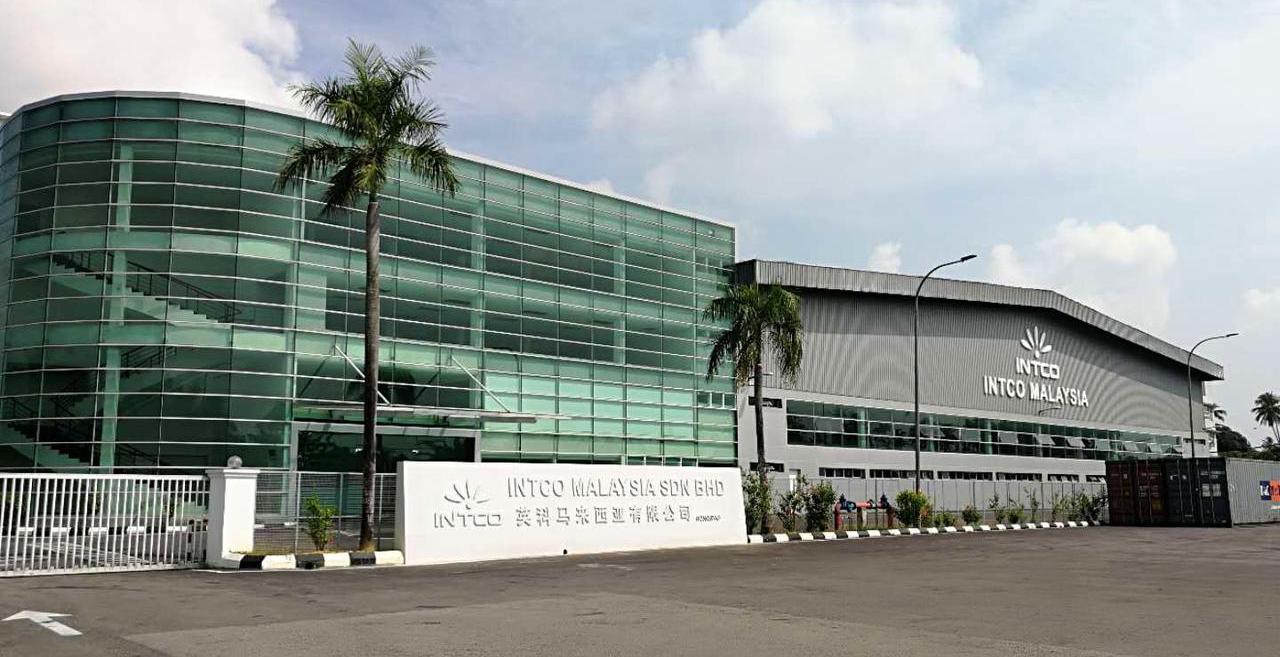Consumer Behavior Is Changing—Sustainability Now Drives Purchase Decisions
According to recent global studies, over 40% of consumers have rejected products due to non-recyclable or excessive plastic packaging. Brands are increasingly being held accountable—not just for product quality, but for the environmental impact of their packaging choices. In markets like Europe and North America, this sentiment is especially strong, pushing manufacturers and retailers to adopt recycled plastic solutions as a key part of their sustainability strategy.
Regulatory Momentum: From Voluntary to Mandatory Compliance
Governments and global organizations are no longer merely encouraging plastic recycling—they are mandating it. At the UN global treaty talks on plastic pollution, over 170 countries have begun negotiations to limit virgin plastic production and enforce recycling standards. At the same time, more than 30 countries have banned polystyrene foam packaging, and new taxes on virgin resin are being considered in the US and EU.
For manufacturers, this means that integrating recycled plastics is no longer optional—it's a license to operate in tomorrow's market.

Technological Innovation Is Making rPlastics Better Than Ever
In the past, recycled plastics were often criticized for inconsistency or quality limitations. But modern advancements in mechanical and chemical recycling—including light-assisted depolymerization, blockchain-based traceability, and high-precision filtration—are reshaping the game.
Today, recycled PET (rPET) and recycled PS (rPS) can match or even exceed virgin material standards in specific applications, especially in packaging, building materials, and consumer goods.
INTCO and other leading players are now capable of providing GSR-certified rPET, rPS, and rPE with stable melt flow, low ash content, and food-grade certification in select grades.


Market Growth: From Local Recycling to Global Trade
Emerging markets like Southeast Asia, Africa, and South America are witnessing rapid demand growth for cost-effective, sustainable plastic materials. Recycled plastic granules are increasingly being used in:
·Thermoforming trays and containers
·XPS insulation boards
·Injection molding for household goods
·Blown film and agriculture mulch
According to industry reports, the global recycled plastics market is projected to exceed USD 75 billion by 2030, growing at a CAGR of 8–10%—outpacing virgin resin markets in many sectors.
The Future of Recycled Plastics
1. From Volume to Quality
The industry is shifting focus from simply “using recycled plastic” to securing high-quality, application-specific recycled materials. INTCO is leading this movement with strict quality control standards,delivering rPET, rPS, and rPE that meet the needs of demanding applications.
2. Recycled + Smart = Traceable
As regulatory and brand requirements tighten, traceability is becoming essential. INTCO supports full traceability across its global recovery and production network, with recyclable sources traceable back to origin, compliant with GSR and other international standards.
3. Global Capacity and Local Support
With multiple production bases including our high-output facility in Malaysia, INTCO offers stable, scalable supply for international customers.

4. From Compliance to Brand Differentiation
Using recycled plastics is no longer just about following regulations—it’s about building a sustainable brand story. Partnering with INTCO enables you to align with global circular economy goals while gaining competitive pricing and high-quality material support.
Recycled Plastics Are No Longer an Option—They're the Future
The data is clear. From climate concerns to consumer expectations and legislative demands, the era of recycled plastics is here. For businesses, adopting rPET, rPS, or rPE is more than a materials choice—it's a strategic commitment to sustainability, competitiveness, and long-term growth.
Frequently Asked Questions (FAQ)
Q1: Is recycled plastic safe for food-grade applications?
A: Yes. Recycled PET (rPET) can be safely used in food packaging when it meets strict standards like EFSA or FDA certifications. INTCO offers GSR-certified and food-grade compliant rPET for trays, containers, and thermoforming.
Q2: Can I trace the origin of recycled materials?
A: Yes. INTCO supports full traceability across our global recycling chain. All r-materials are sourced from post-consumer or post-industrial waste with documentation that meets GSR and audit standards.
Q3: What is the production capacity of INTCO?
A: We operate multiple global sites, including a high-capacity facility in Malaysia, with a total annual capacity exceeding 100,000 tons of recycled PS, PET, and PE pellets—ensuring stable supply and timely delivery.
Ready to explore high-performance, globally certified recycled plastics?
Contact us today to learn more or request a sample.